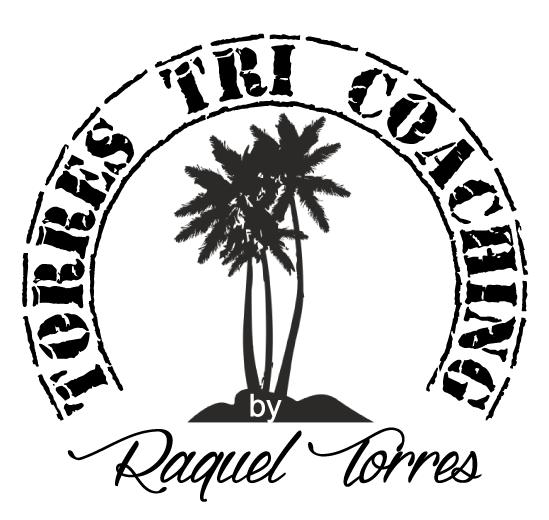The Ten Thousand Rule
It was introduced by Malcolm Gladwell in his book Outliers, which references research by Dr. Anders Ericsson, a cognitive psychologist.
The core Idea of the rule proposes that to achieve expert-level proficiency, individuals need to dedicate a significant amount of time, roughly 10,000 hours, to deliberate practice of a specific skill.
The emphasis is on focused, intentional practice rather than just general engagement with the skill. This includes activities like identifying weaknesses, receiving feedback, and actively working to improve specific areas.
Debates and Counterarguments:
While the rule is widely known, some argue that it oversimplifies the complexities of skill acquisition. Others say that Gladwell misinterpreted research on expert musicians, suggesting that the 10,000-hour rule prioritizes quantity over the quality of practice.
Other Important Factors:
Research suggests that factors beyond practice hours, such as quality of instruction, individualized learning, and individual talent, also play a significant role in achieving mastery.
The 10,000-hour rule should be interpreted as a symbol of the commitment required for mastery rather than a literal number of hours.
In the book "Outliers: The Story of Success," by Gladwell, his approach is that "Practice isn't the thing you do once you're good. It's the thing you do that makes you good."
In the second chapter, Gladwell introduces the concept of the "10,000-Hour Rule" and how it helped the Beatles become world-famous musicians by providing them with the opportunity to perform live as a group in Hamburg, Germany, over 1,200 times between 1960 and 1964. Although they initially started at nightclubs, they accumulated more than 10,000 hours of playing time by playing nonstop.
Throughout his book, Gladwell repeatedly refers to the "10,000-hour rule," asserting that the key to achieving actual expertise in any skill is simply a matter of practicing, although correctly, for at least 10,000 hours.
This, however, is an oversimplification. Gladwell later describes how environment, family, culture, and friendship are all critical to an individual's success.
Dr. Ericsson demystified how expertise is acquired, suggesting that anyone can become a grand chess master, a concert violinist, or an Olympic athlete with the proper training and the will. Dr. Ericsson’s research on expertise has finally received considerable attention in Malcolm Gladwell’s book Outliers and Geoff Colvin’s book Talent Is Overrated.
These books place a new emphasis on behavior and deliberate practice in designing to achieve extraordinary performance.
Ericsson (1990) states that it takes approximately 10,000 hours (20 hours per week for 50 weeks a year for ten years) of deliberate practice to become an expert in almost any field.
An article by Dr. Aubrey Daniels, Ph.D. (psychologist and writer), points out that he appreciates the emphasis Dr. Ericsson’s research has placed on the importance of experience in the development of expertise, rather than on some innate intelligence or talent often assumed to be beyond training. However, it cannot be hours or years of practice that make the difference.
He said, practice, yes; hours of practice, no. While there is a high correlation between hours of practice and activity during practice, it is not a perfect correlation. While some readers may consider this a trivial point, Dr. Daniel thinks it is important. The two words ‘deliberate’ and “practice” are essential, but it is the conditions that surround both of these words that provide the real boost for turning average performers into world-class performers.
An exclusive approach with 10,000 hours does not guarantee world-class expertise. Dr. Daniels emphasized that numerous factors contribute to skill acquisition.
To reiterate, it is not the repetitions alone that make the difference; he gives the example of rabbit golfers who have practiced for over 30 years and are no better today than they were 30 years ago. All that practice did not lead to anything even close to expert status. What is important is the feedback and the reinforcement for improvement associated with the repetitions that make the difference.
Conclusion:
The concept of “deliberate practice” is the key to skill development.
Defined by the psychologist Anders Ericsson and colleagues, Deliberate Practice is “the individualized training activities specially designed by a coach or teacher to improve specific aspects of an individual's performance through repetition and successive refinement.”
Deliberate practice is a structured approach to learning and improving a skill, focusing on intentional and focused effort towards specific goals rather than simply repeating a task. It involves breaking down skills into smaller components, providing individualized feedback, and consistently pushing beyond one's comfort zone to achieve mastery.
Pillars of the concept of Deliberate Practice:
Start from the assumption that anyone can learn and improve significantly through practice.
Deliberate practice is structured and intentional, not casual.
Practice with intensity: it requires your full attention and conscious effort.
Analyze what experts and high performers do.
Break down performance into smaller parts that can be worked on individually.



